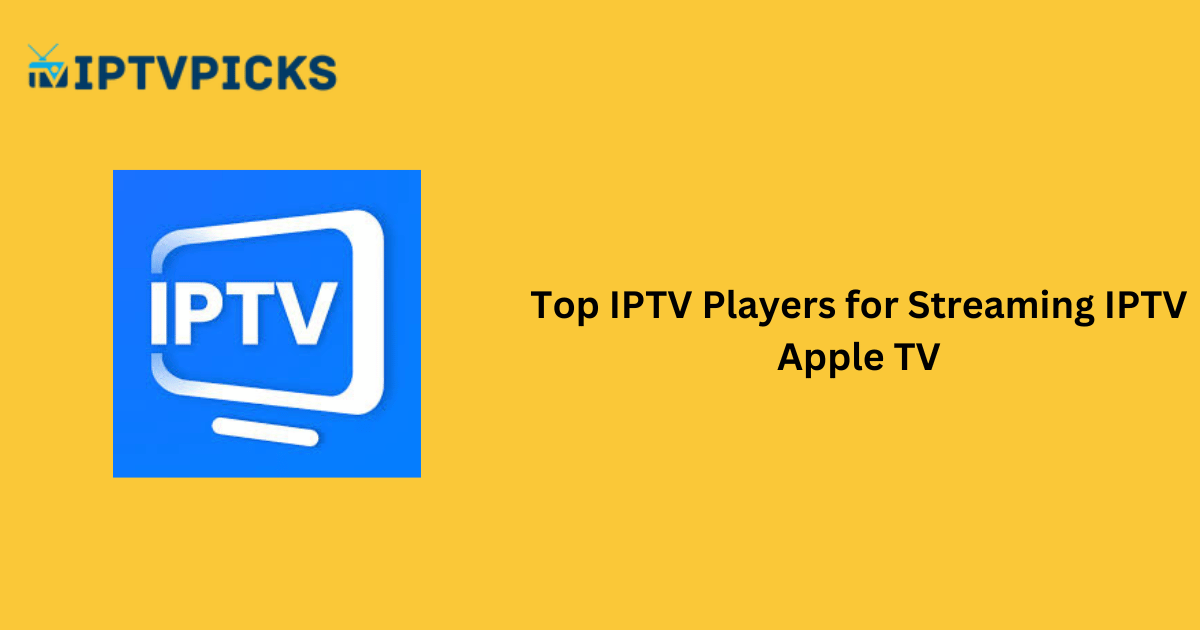Legal iptv providers in usa, or Internet Protocol Television, has gained significant popularity worldwide in recent years, providing viewers an internet-based alternative for watching television. As IPTV usage rises, there is increased interest in its legality in the United States.
This guide will clarify IPTV regulations in the U.S., outline the rules concerning illegal IPTV, and explain how to identify legal services.
Table of Contents
ToggleWhat is IPTV, and Why the Growing Interest?
Legal iptv providers in usa allows television programming to be transmitted via the internet instead of traditional cable or satellite methods. This flexibility enables viewers to watch content on a range of devices, including computers, smartphones, and smart TVs.
IPTV is popular due to its affordability, ease of use, and access to a vast library of channels and on-demand content. Many providers also allow users to record, rewind, and store content for future viewing, typically at a much lower cost than cable.
IS Legal IPTV providers in usa
The legality of IPTV in the U.S. depends on the provider’s licensing practices. While the technology behind IPTV is legal, not all legal iptv providers in usa content is authorized. Legal IPTV services ensure compliance with copyright laws by securing licenses before broadcasting content. However, unlicensed providers may stream copyrighted material without permission, which is illegal.
Consumers are advised to verify that an IPTV service has the necessary licensing before subscribing. Services like Guru IPTV, Indian IPTV, Punjabi IPTV Channels, Tashan TV, Boss IPTV, and Vois IPTV follow legal guidelines when properly licensed.
U.S. Laws Regarding Illegal IPTV
Several U.S. laws regulate copyrighted content sharing, including IPTV services. A significant law in this area is the Digital Millennium Copyright Act (DMCA), which prohibits unauthorized distribution of copyrighted material. IPTV providers who stream copyrighted content without proper licensing are subject to legal action under the DMCA.
Additionally, government agencies such as the Federal Communications Commission (FCC) and the Department of Justice (DOJ) may pursue criminal charges against illegal IPTV providers. These agencies emphasize the importance of adhering to copyright laws, targeting both service providers and users involved in copyright infringement.
How to Identify Legal vs. Illegal IPTV Services
It can be challenging to distinguish between legal and illegal IPTV services, as many unlicensed providers attempt to appear legitimate. Here are a few key indicators to consider:
- Licensing and Permissions: Legal IPTV providers obtain licenses to stream content lawfully. Before purchasing a subscription, verify that the provider has permissions from content owners.
- Content Variety: Services offering an exceptionally broad range of channels and on-demand content may lack proper licensing. If the content seems unusually extensive for the price, exercise caution.
- Pricing: Extremely low subscription fees can indicate an unlicensed service. Legitimate IPTV providers typically charge higher fees to cover licensing and operational costs.
- User Reviews: Customer feedback can provide insight into a provider’s reputation. If reviews frequently mention legal issues, proceed with caution.
Is It Advisable to Use Illegal IPTV Services?
Using unlicensed IPTV services poses risks to both consumers and the industry. Users of illegal services may face fines or legal actions for copyright violations. Supporting illegal providers also harms the content industry by denying fair compensation to creators.
From both a legal and ethical standpoint, choosing licensed IPTV providers ensures compliance with copyright laws, supports content creators, and reduces the risk of legal consequences.
Conclusion
Internet Protocol Television (IPTV) has transformed entertainment in the digital era, making TV series, movies, and live sports more accessible and affordable. However, some viewers may be tempted to use illegal IPTV services to access premium content at reduced costs, which can have significant drawbacks.
When exploring IPTV options, make the responsible choice by selecting a licensed service that respects copyright, compensates creators, and provides a lawful entertainment experience. Supporting legitimate legal iptv providers in usa contributes to the sustainable growth of the IPTV industry.
FAQs
Are all IPTV services illegal?
No, not all IPTV services are illegal. Many reputable providers operate legally by securing necessary permissions to broadcast content.
















